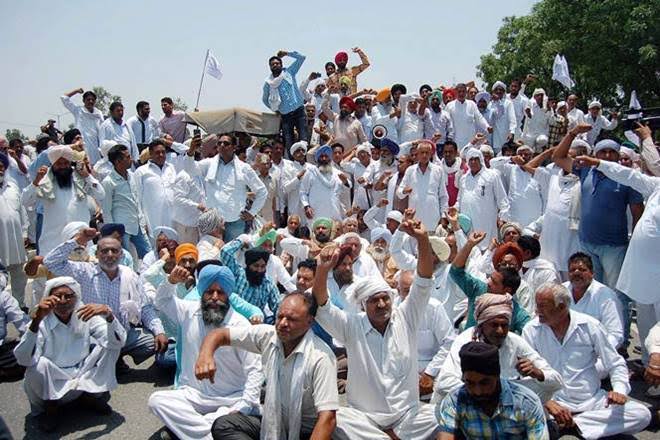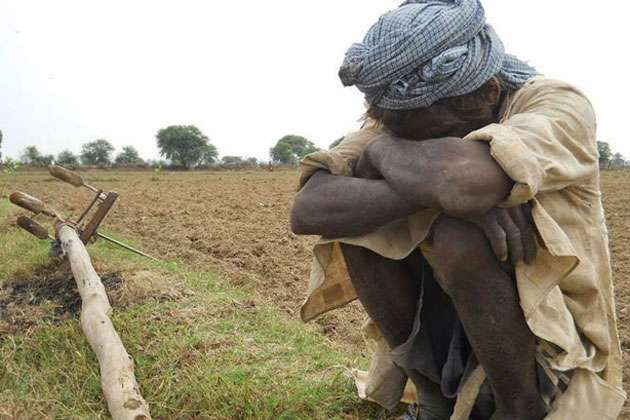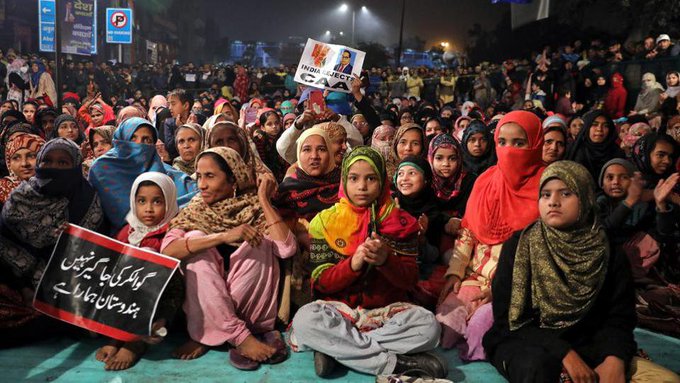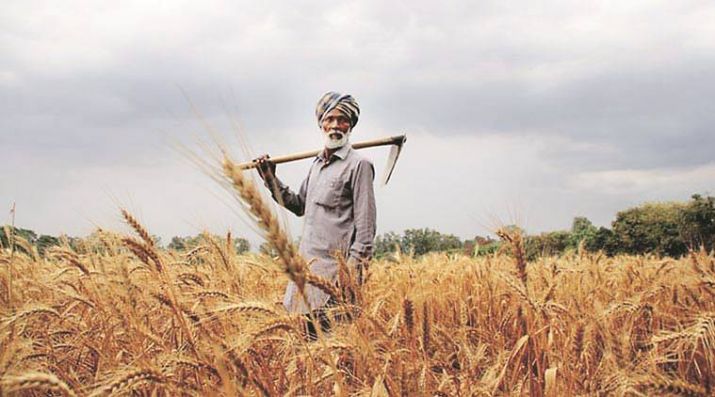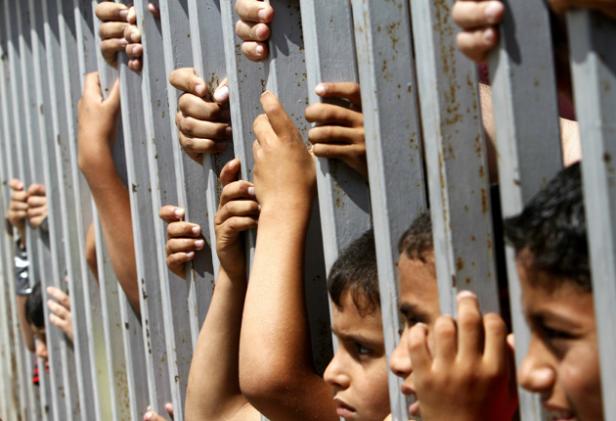The on-going farmers’ movement in India is a very important time in the evolving debate on rural development and change, as well as on farming and food system. What direction farming and rural change take in India has very important implications for the overall future of the country. Thus it is very important to have a well-reasoned and principled stand towards this movement.
It will be helpful in this context to distinguish between three important aspects of this movement for the sake of clarity of thinking even though at practical level everything has to be considered together.
Firstly, the on-going farmers’ movement should be considered in the context of its most widely highlighted demand of repealing the three controversial farm laws. From this point of view the farmers’ movement deserves strong support as the three controversial farm laws will bring increasing problems for farmers’ livelihoods, for food security of consumers and for protection of environment, apart from paving the way for increasing control of big corporate interests over farming and food system.
Secondly farmers’ movement is seen increasingly by many people as a point of resistance against the growing authoritarian trends and misuse of power in India. There has been growing concern over many-sided adverse impacts of strengthening of crony capitalism and several very harmful policy decisions of the government, as well as the arbitrary, excessive use of power , including highly repressive use of undemocratic laws, to silence any voices of protest. There was a lot of sullen anger and distress in the country due to this and when the farmers’ movement emerged with its peaceful , courageous, determined and well-organized opposition, it appeared as a beacon of hope for all those who wanted that the undemocratic repression of people’s legitimate protests should be resisted. As there is great need for democratic peaceful resistance in India and as the farmers’ movement has emerged as the most important point of this resistance in recent times, therefore from this second point of view also the farmers’ movement deserves wide support.
Thirdly, we need to look at farmers’ on-going movement in terms of improving understanding of and evolving of the real improvements that are needed in the food and farming system and in rural development and change. A social movement can be a forum as well as a process for resolving complex issues so that ultimately a broader, shared ,common understanding emerges regarding the most important improvements that are needed. From this point of view it appears that the farmers’ movement has a somewhat narrow agenda while we need an agenda of more comprehensive improvements. It talks the most about legalizing minimum support price fixed for various crops ( MSP) , something which can be interpreted in various ways and various interpretation would have different kinds of impacts. If all other things remain the same, various versions of MSP increases by themselves will not lead to any broad-based or lasting improvement.
What does the farmers’ movement plan to do to help the poorest landless people, rural workers and sharecroppers and tenants? What are its view on land inequalities and other inequalities within rural areas? What are its plans to repair the badly devastated soil health and the decline of water table in most places? Is it even thinking of undoing the huge harm already caused to crucial pollinators like bees and equally crucial soil builders like earthworms? How does it plan to respond to the various aspects of climate change? What is its stand on seed sovereignty, traditional seeds and traditional wisdom? What is its stand on more marginalized groups like tribal, nomad and pastoral communities? What plans it has for village-level food processing, for rural artisans and diverse livelihoods? Is the movement supportive of policies aimed at improving self-reliance and the spirit of swadeshi? Does the movement support a clear ban on GM crops? What are its suggestions for reducing farming costs significantly, which is crucial for reducing debts? Does it have a clear agenda of wider social change in rural areas based on equality and justice at all levels and wide-ranging social reform, and are khap panchayats really more receptive to this now?
We still do not clearly know the stand of the farmers’ movement on these important issues, which is not something very positive, as the movement has had adequate time to come up with a clearer stand on the most crucial issues.
Hence from the point of view of the third and crucial aspect of evolving a comprehensive plan of improvements, it will be premature and unwise at this point of time to extend complete and strong support to the ongoing farmers’ movement.
We will have to wait and see. If within some more time the movement comes out with a credible comprehensive plan based on equality, justice, environment protection, biodiversity protection, sustainability, concern for most marginalized communities, diversity of rural livelihoods and animal welfare, then fine, all those who have been yearning for such comprehensive change can safely rally behind it with full support, and any negotiations and planning can then be based on this much wider understanding. If not, then the support should be limited to the first two aspects and the important task of evolving a more comprehensive vision of improvements in food and farming system and in rural development should be taken up by other groups, as this task is too important to be neglected.
Ultimately what is most important is not so much any particular movement but the tasks and the objectives that need to be achieved. The tasks and objectives, the improvements that are needed, the agenda of change need to be defined clearly and the various movements need to be judged by the extent to which they show promise of striving very sincerely to achieve these changes. Well-reasoned and principled support, complete or partial, can be extended only on this basis.
An advantage of well-reasoned, limited support is that it can propel a movement towards further improvement. If there is improvement, great, we can offer more complete and stronger support. If there is no improvement, we can consider options which show more promise.
Bharat Dogra is a writer and journalist and has been close to several social movements.

